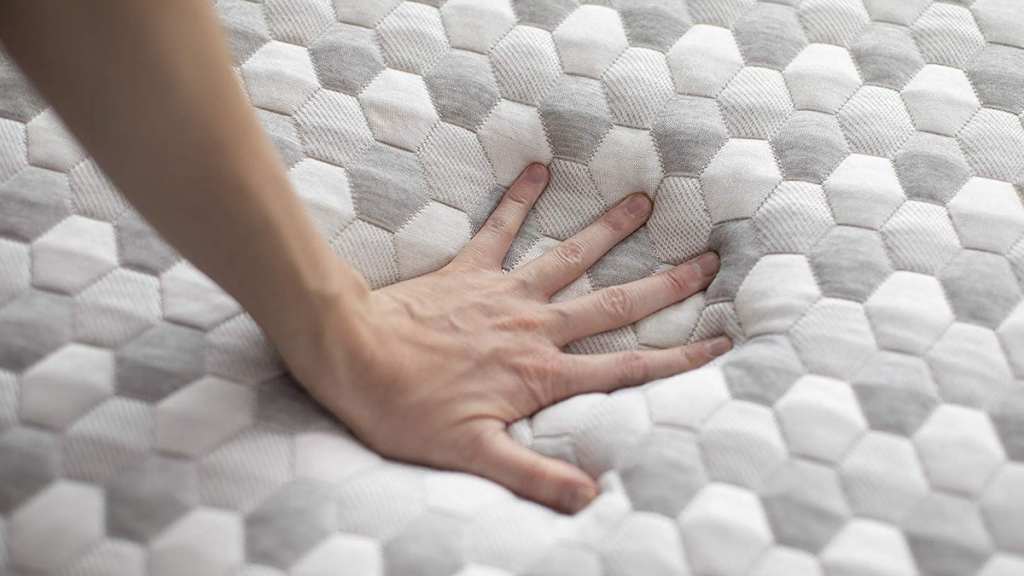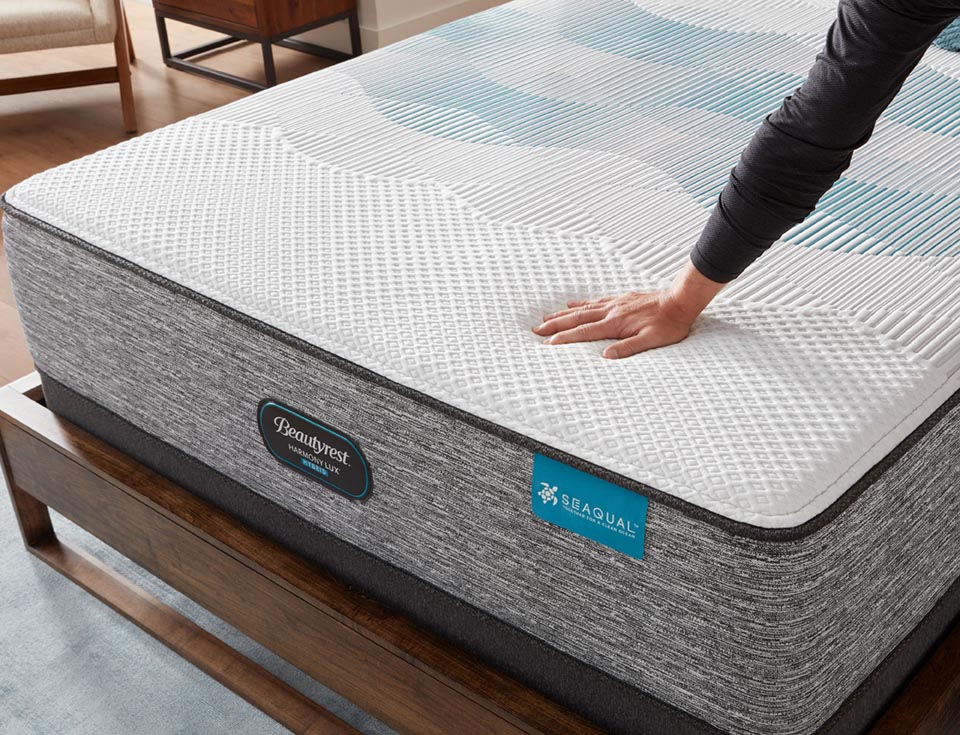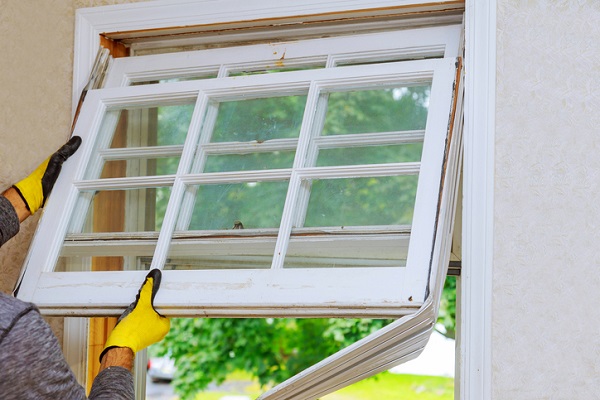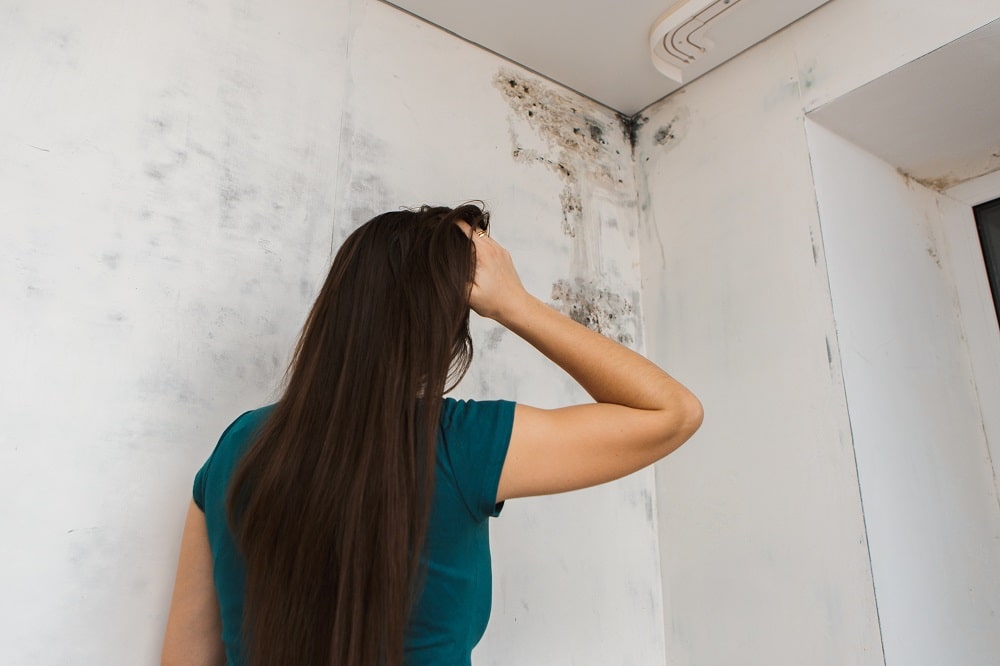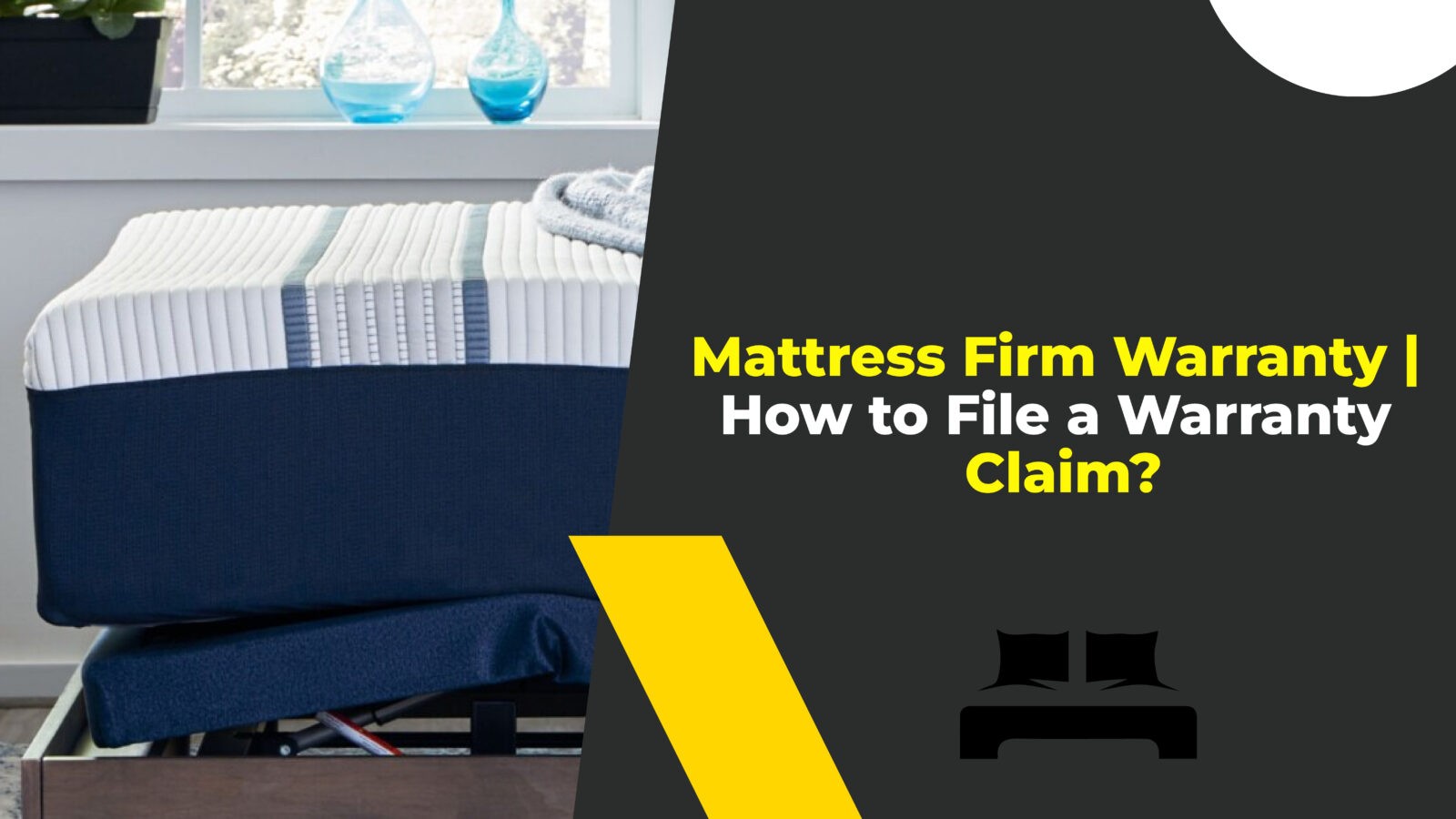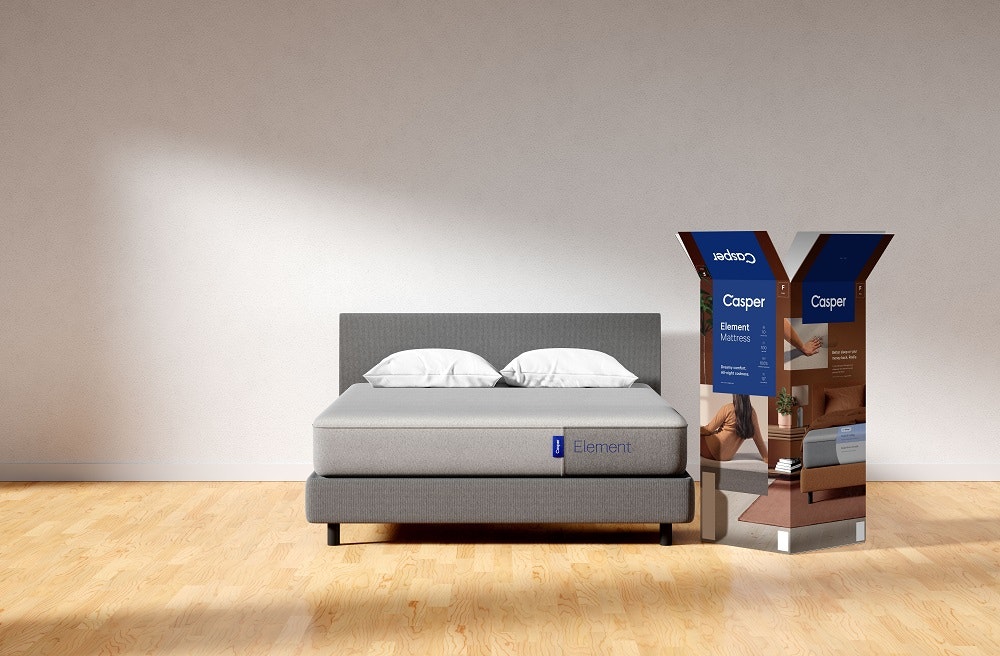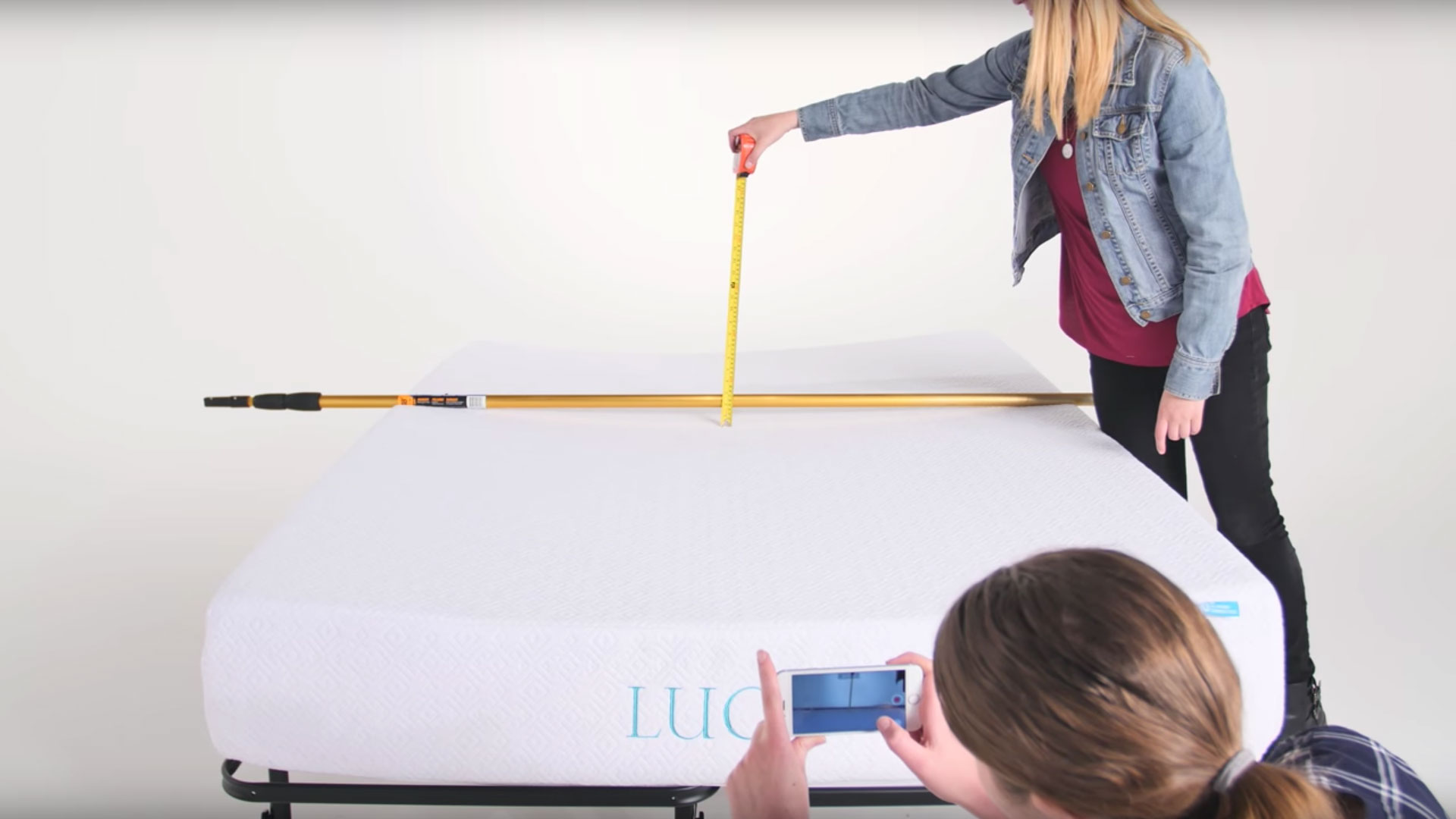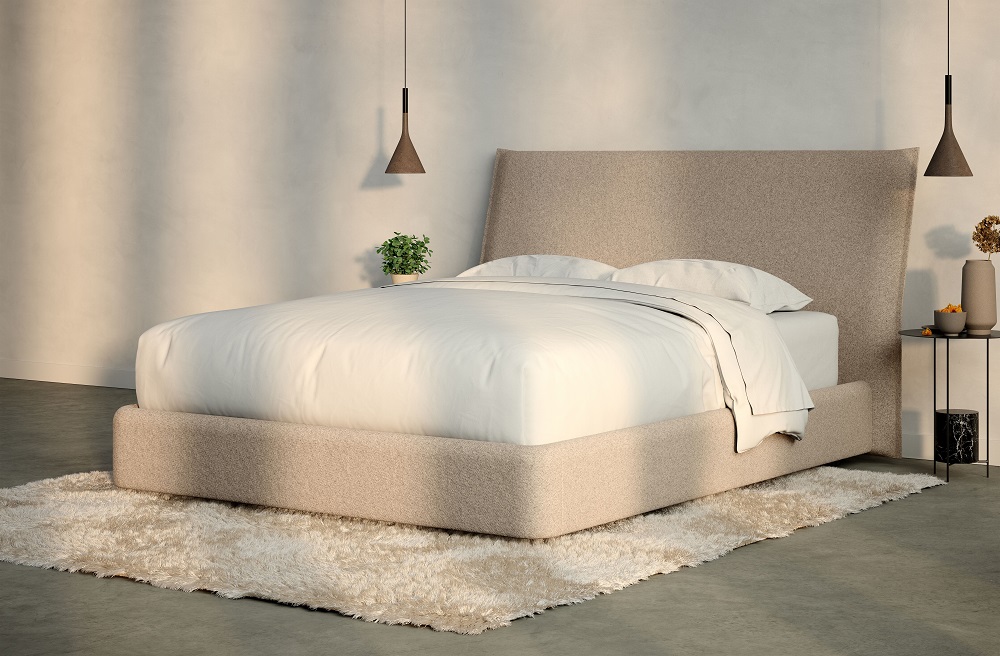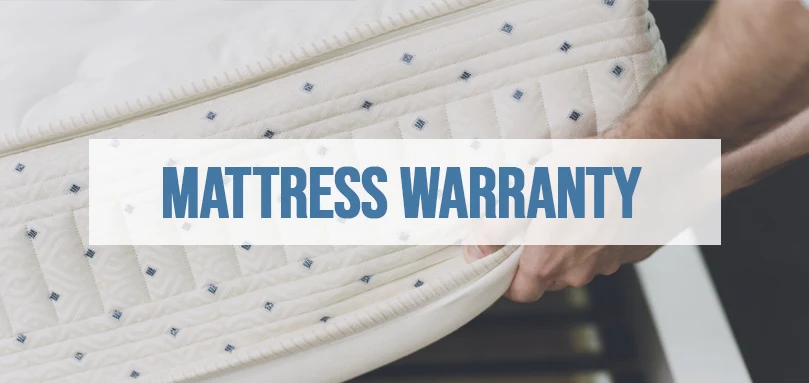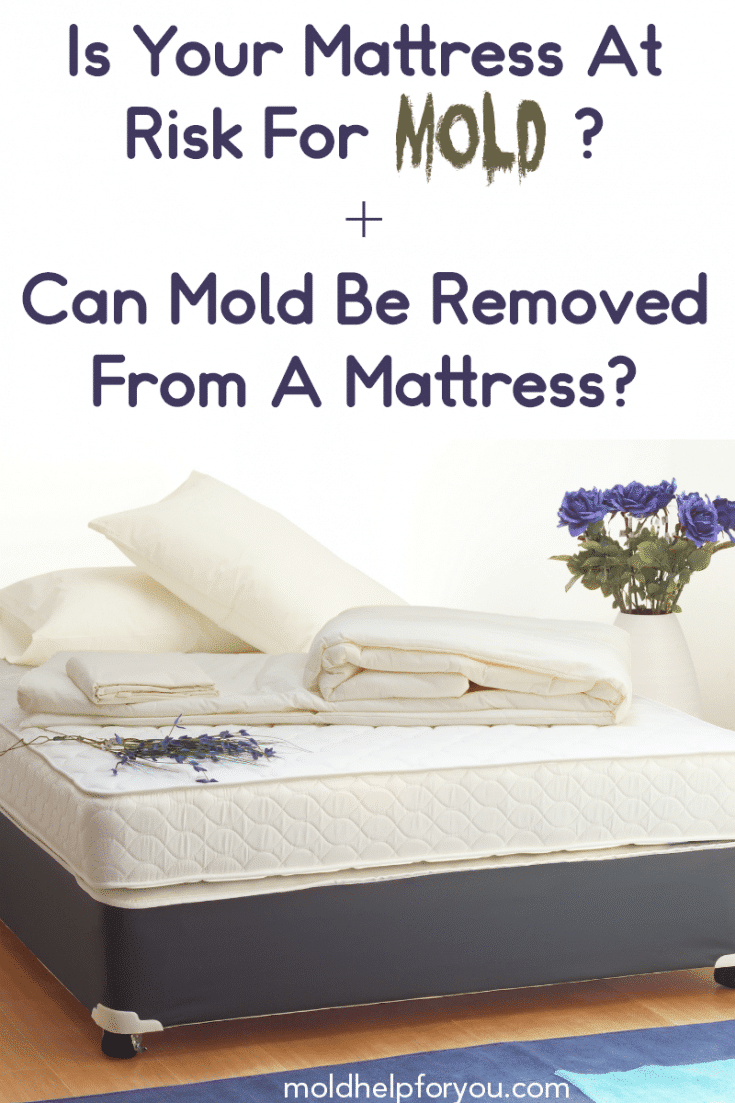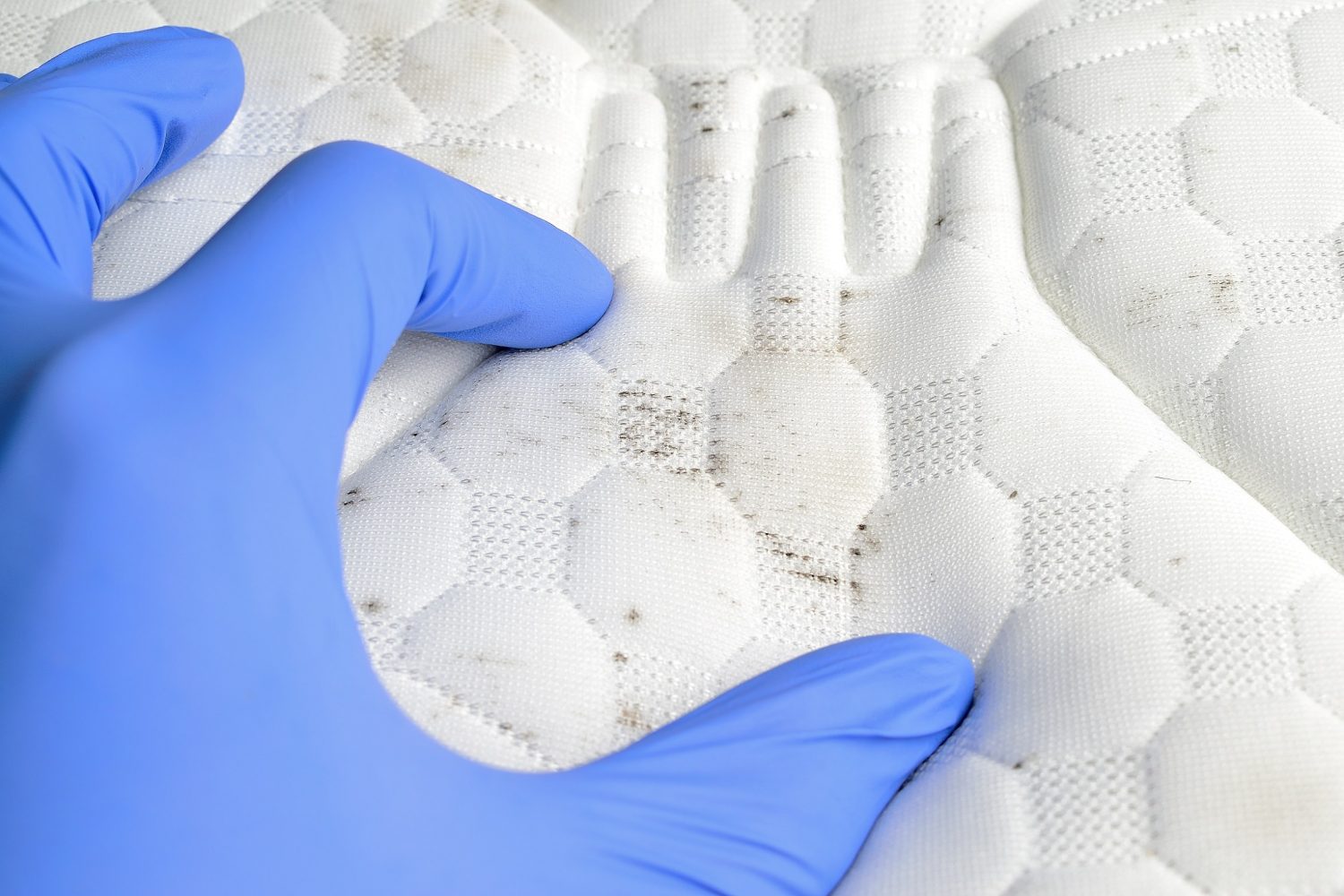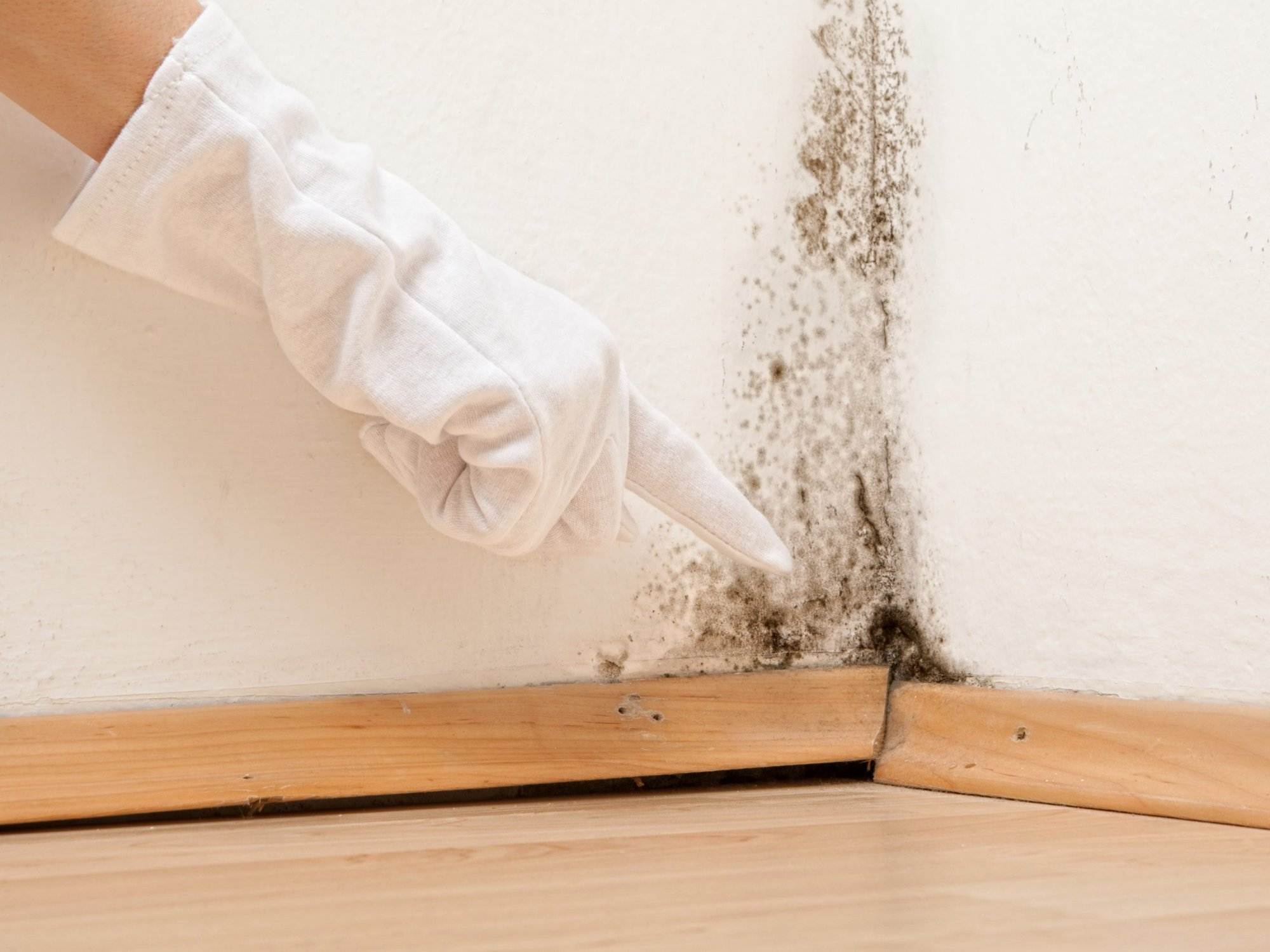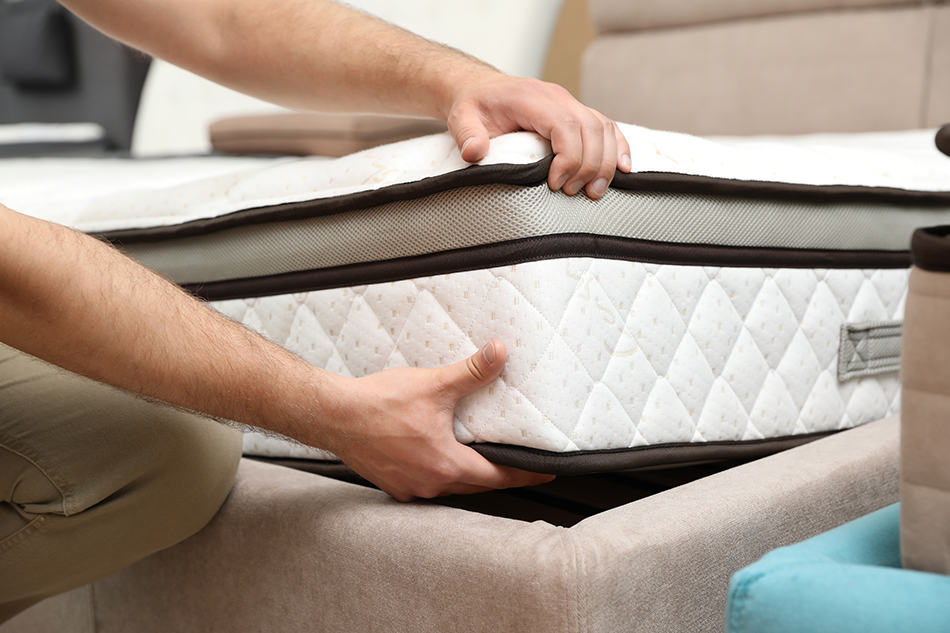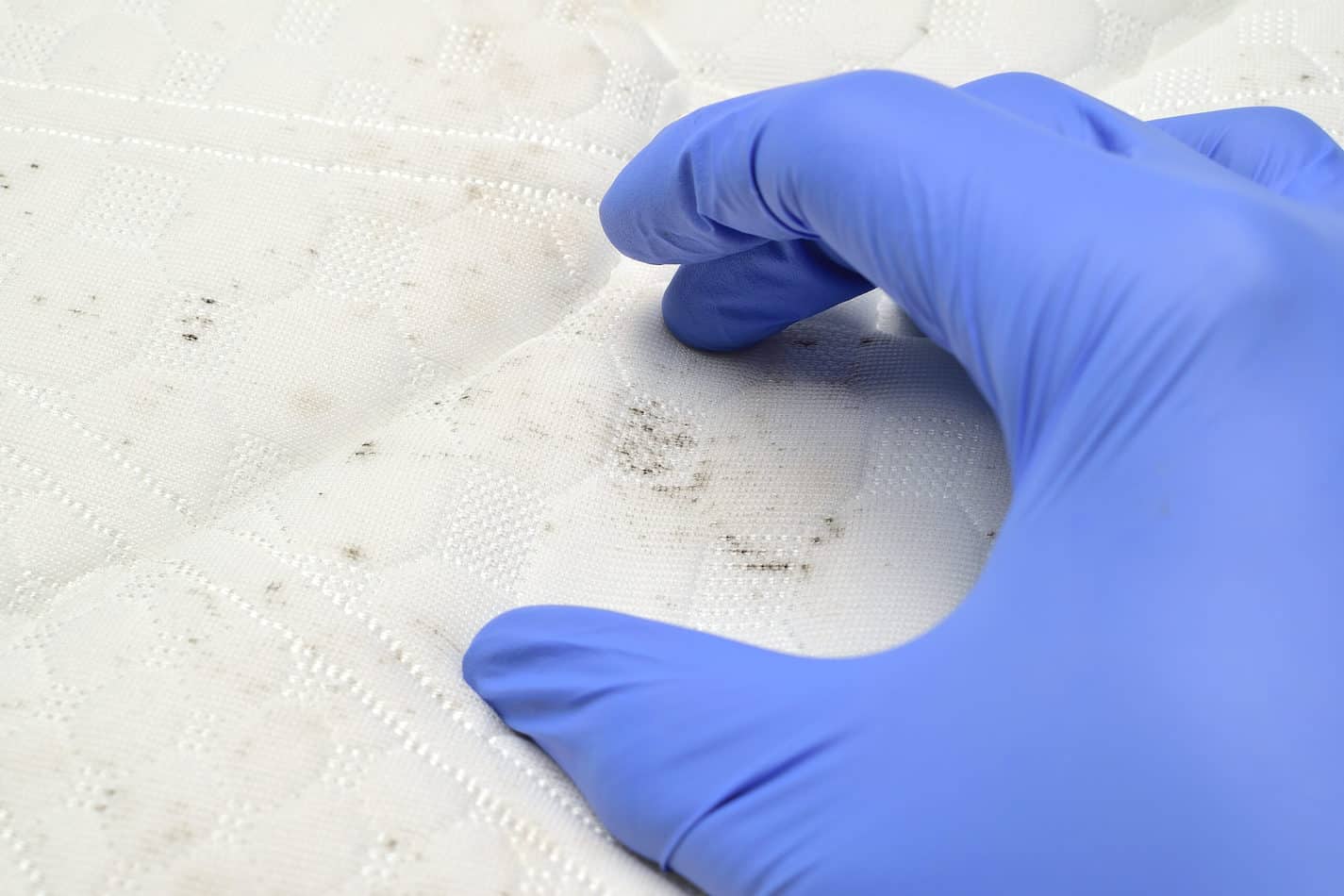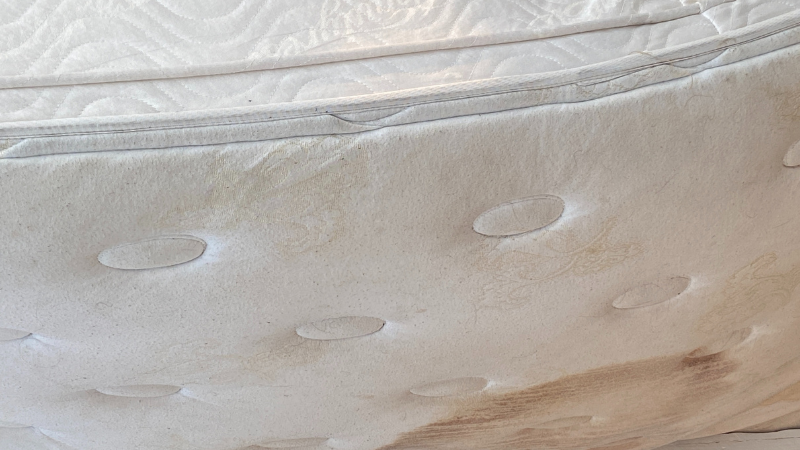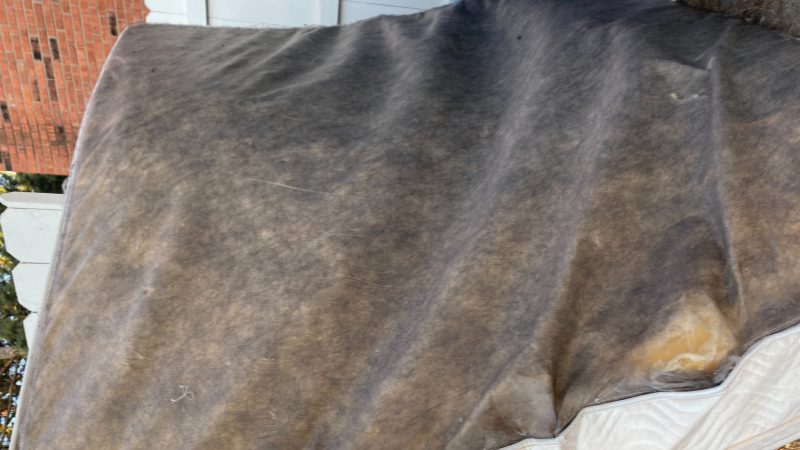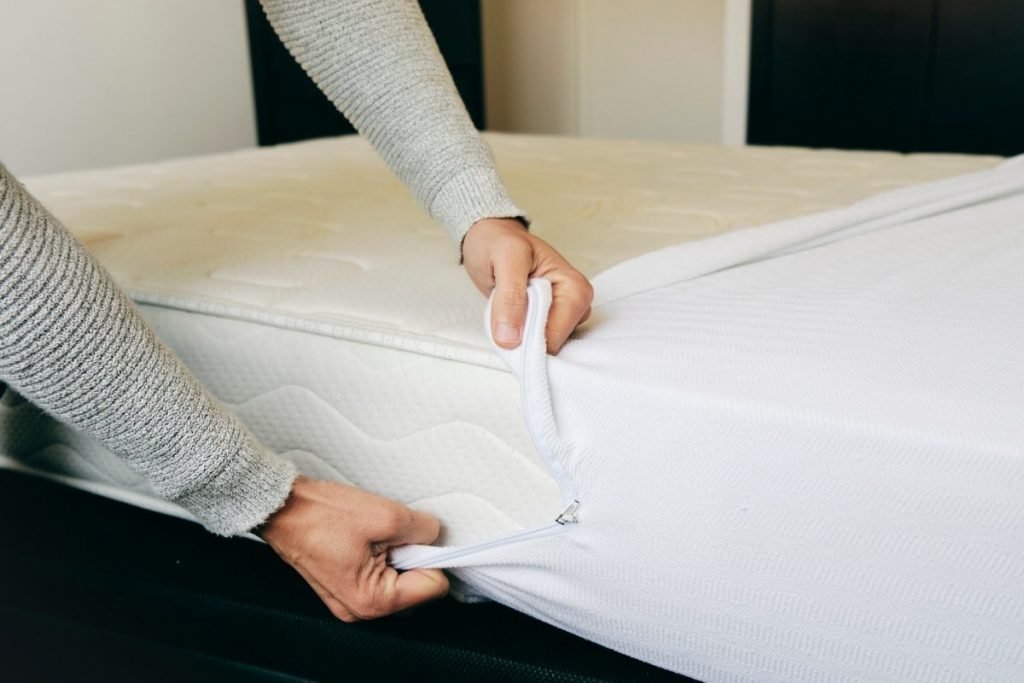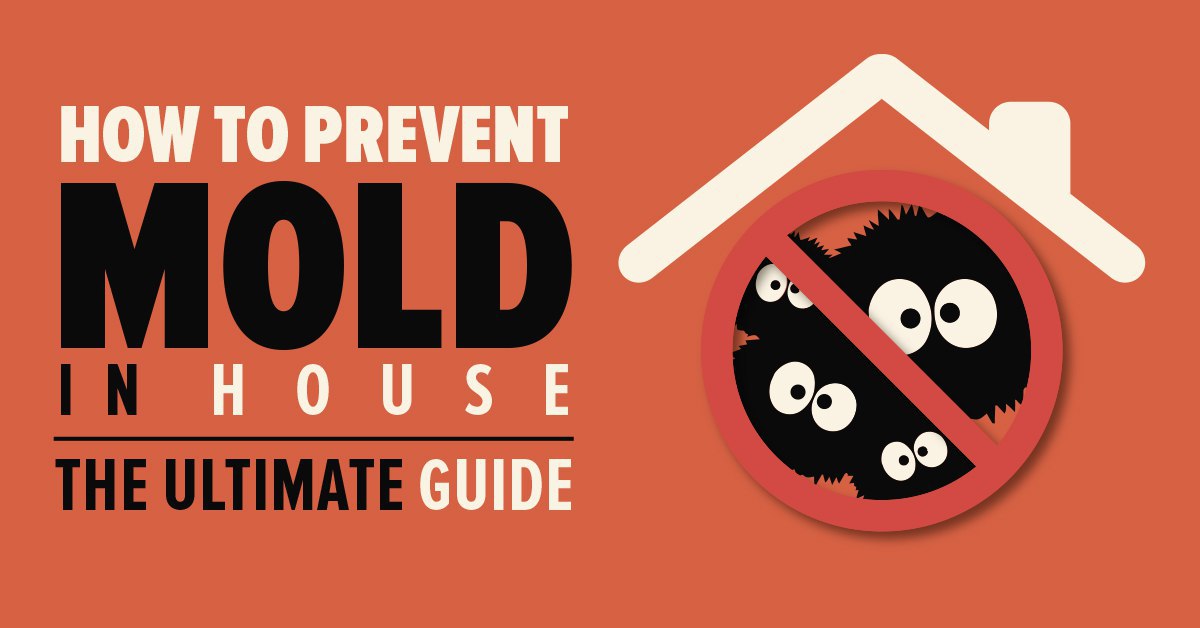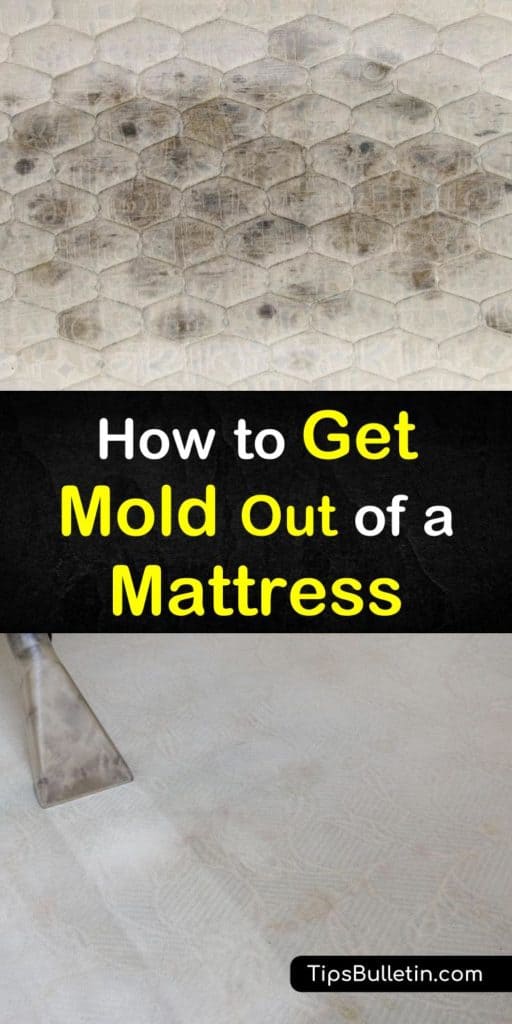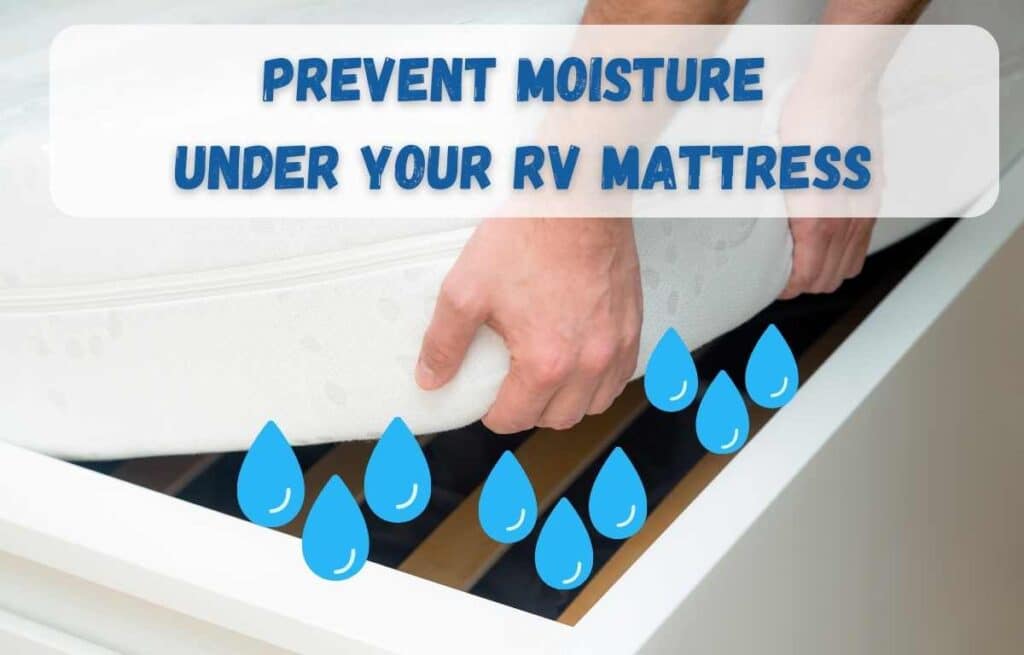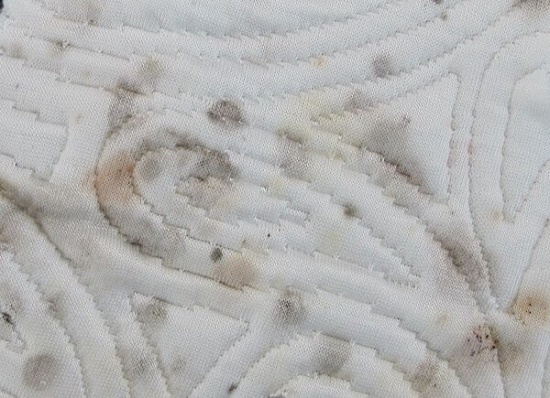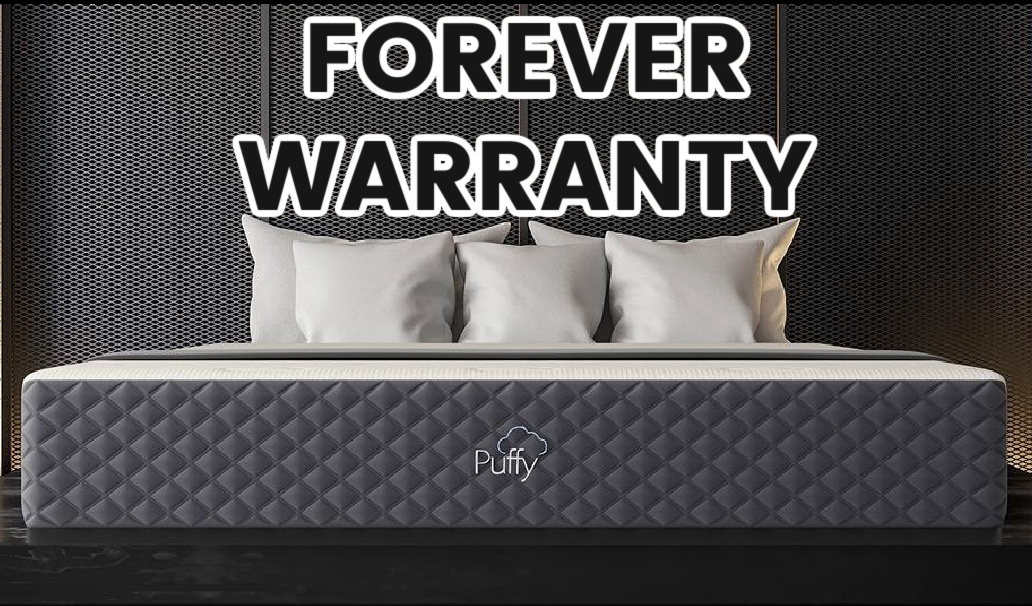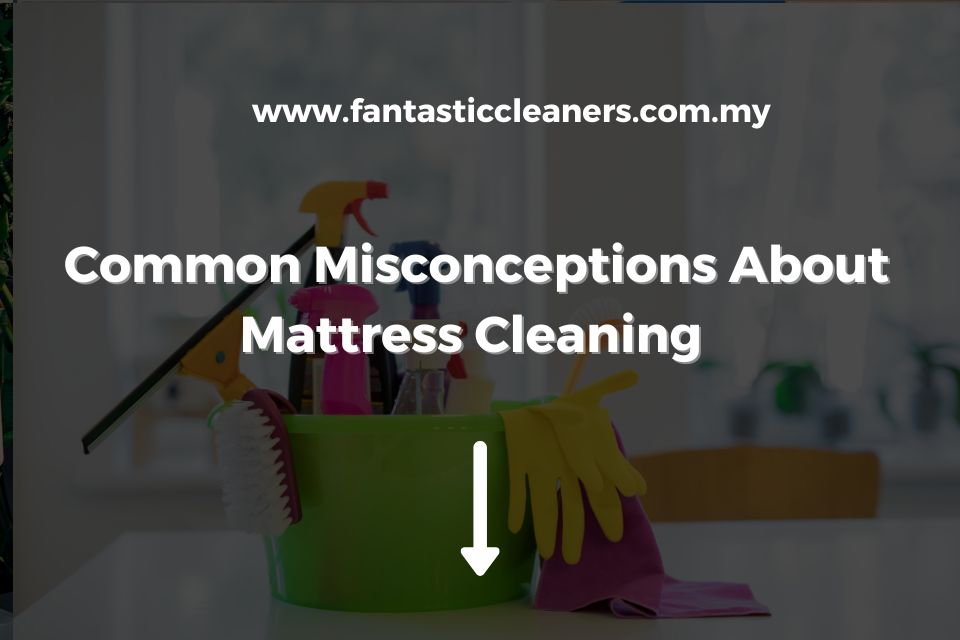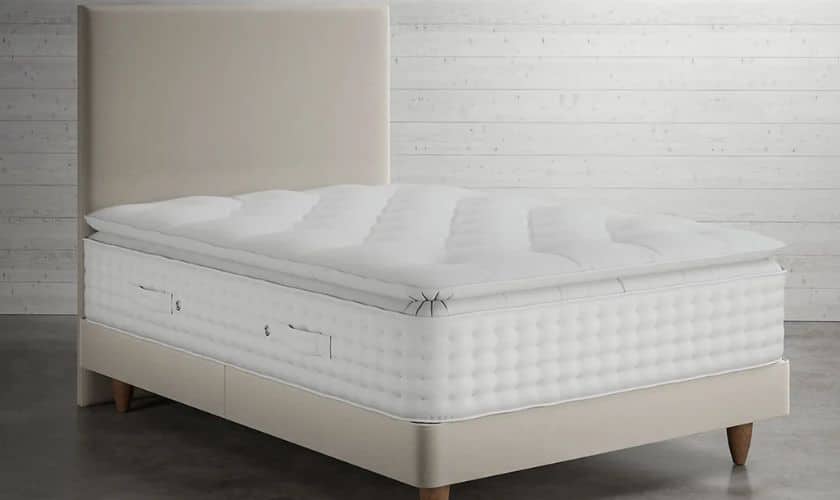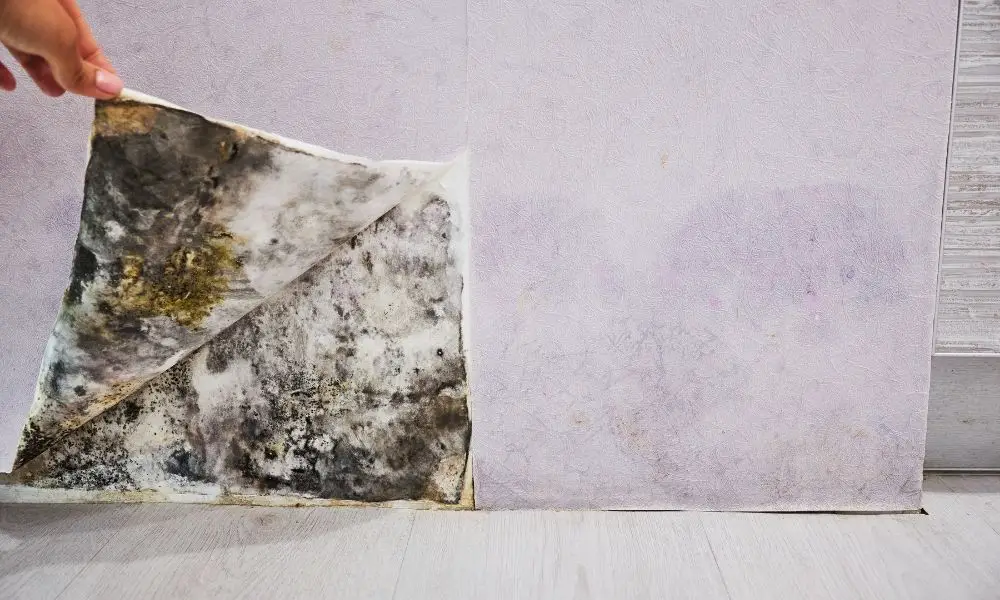When purchasing a new mattress, most people are concerned about its comfort and support. However, it is just as important to consider the warranty that comes with the mattress. A mattress warranty is a guarantee from the manufacturer that the mattress will be free from defects and structural damage for a certain period of time. But what exactly does a mattress warranty cover? Let's take a closer look.What Does a Mattress Warranty Cover?
One of the most common questions people have about mattress warranties is whether they cover mold. Unfortunately, the answer is not a simple yes or no. Most mattress warranties do not specifically mention mold, but they do typically cover defects and structural damage. This could potentially include mold growth if it is a result of a manufacturing defect.Does a Mattress Warranty Cover Mold?
It's important to carefully read the fine print of your mattress warranty to understand what is covered and what is not. Most warranties will cover defects in materials and workmanship, such as sagging, broken springs, or faulty stitching. However, they typically do not cover normal wear and tear, stains, or damage caused by misuse or improper care.Understanding Mattress Warranties: What's Covered and What's Not
If you suspect that your mattress has developed mold, the first step is to check your warranty to see if mold is covered. If it is, you will need to file a claim with the manufacturer. This will typically involve providing proof of purchase, photos of the mold growth, and sometimes a sample of the mold. The manufacturer will then determine if the mold is a result of a manufacturing defect and if it is covered under the warranty.How to File a Mattress Warranty Claim for Mold
When purchasing a mattress, it's important to consider the potential for mold growth and how it may be covered under the warranty. Some manufacturers may offer additional protection against mold growth, while others may have specific exclusions for mold. It's crucial to carefully read the warranty and ask questions before making a purchase.Mattress Warranty: What You Need to Know About Mold Coverage
Mold and mildew are often used interchangeably, but they are two different types of fungi. While most mattress warranties do not specifically mention mold, some may mention mildew. However, the coverage for mildew may be limited and may only apply to certain types of mildew. It's important to clarify with the manufacturer to determine if mildew is covered under the warranty.Does a Mattress Warranty Cover Mold and Mildew?
If mold growth is not covered under your mattress warranty, you may still have options. Some manufacturers offer additional protection plans that cover things like stains and mold growth. You could also consider contacting a professional cleaning service to address the mold issue.What to Do if Your Mattress Warranty Doesn't Cover Mold
The best way to avoid mold growth in your mattress is to properly care for it. This includes using a mattress protector, regularly rotating and flipping the mattress, and keeping it clean and dry. If your warranty does not cover mold, taking these preventative measures can help protect your investment and ensure a longer lifespan for your mattress.How to Prevent Mold in Your Mattress and Protect Your Warranty
When shopping for a new mattress, it's important to keep an eye out for warranties that specifically mention mold coverage. Look for clear and comprehensive coverage for mold growth, as well as any limitations or exclusions. Additionally, consider the reputation of the manufacturer and their customer service record.Mattress Warranty: What to Look for in Mold Coverage
There are many misconceptions about mattress warranties and mold coverage. Some people may assume that all warranties cover mold, while others may believe that mold growth is always excluded. The truth is that every warranty is different, and it's crucial to carefully read and understand the terms before making a purchase.Common Misconceptions About Mattress Warranties and Mold Coverage
How Does Mattress Warranty Cover Mold?

Mold is a common household problem that can cause health issues and damage to your home. As such, it is important to know if your mattress warranty covers mold and how to prevent it from happening in the first place.
Understanding Mattress Warranties

When purchasing a new mattress, it is important to know what is covered under your warranty. Most mattress warranties cover defects in materials or workmanship, such as sagging, broken coils, and loose stitching. However, not all warranties cover mold growth.
Some mattress warranties have specific clauses that exclude mold from their coverage. This may include instances where the mattress has been exposed to moisture, improper care, or has been soiled. It is important to carefully read and understand your warranty to know what is covered and what is not.
Preventing Mold Growth on Your Mattress
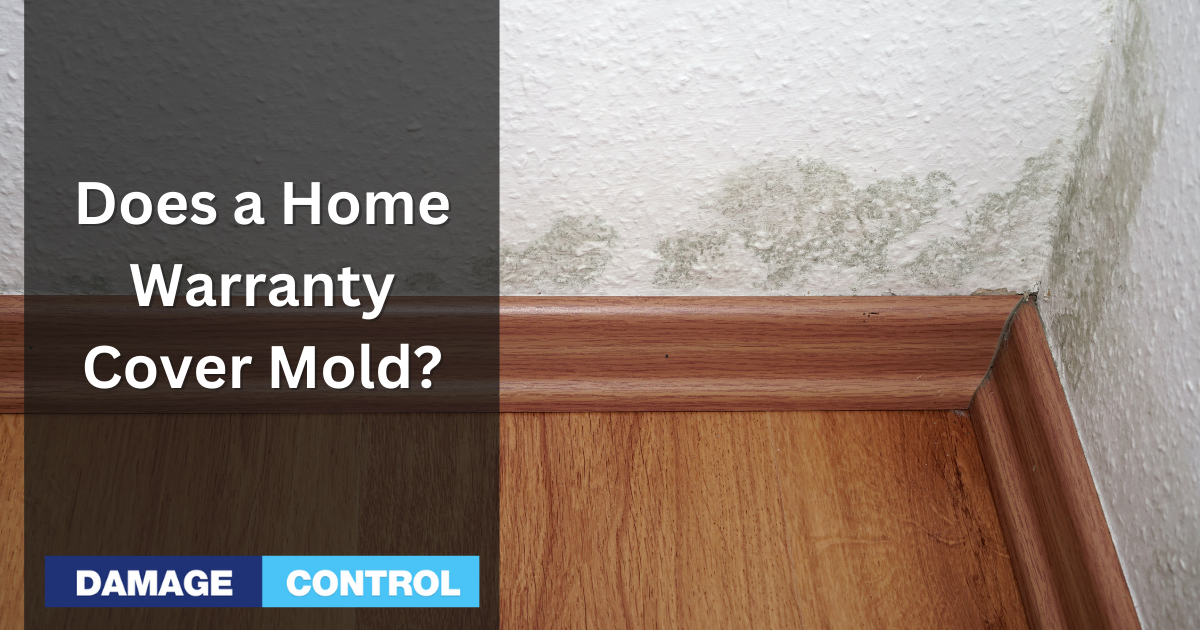
While some mattress warranties may cover mold, it is still important to prevent mold growth on your mattress. Mold thrives in warm, damp environments, making your mattress an ideal breeding ground. Here are some tips to prevent mold growth on your mattress:
- Use a mattress protector to prevent moisture from seeping into your mattress.
- Rotate your mattress regularly to even out wear and tear and allow for proper air circulation.
- Keep your bedroom well-ventilated by opening windows or using a dehumidifier.
- Do not eat or drink on your mattress, as spills can lead to moisture buildup.
- Clean and vacuum your mattress regularly, following the manufacturer's instructions.
What to Do If You Discover Mold on Your Mattress
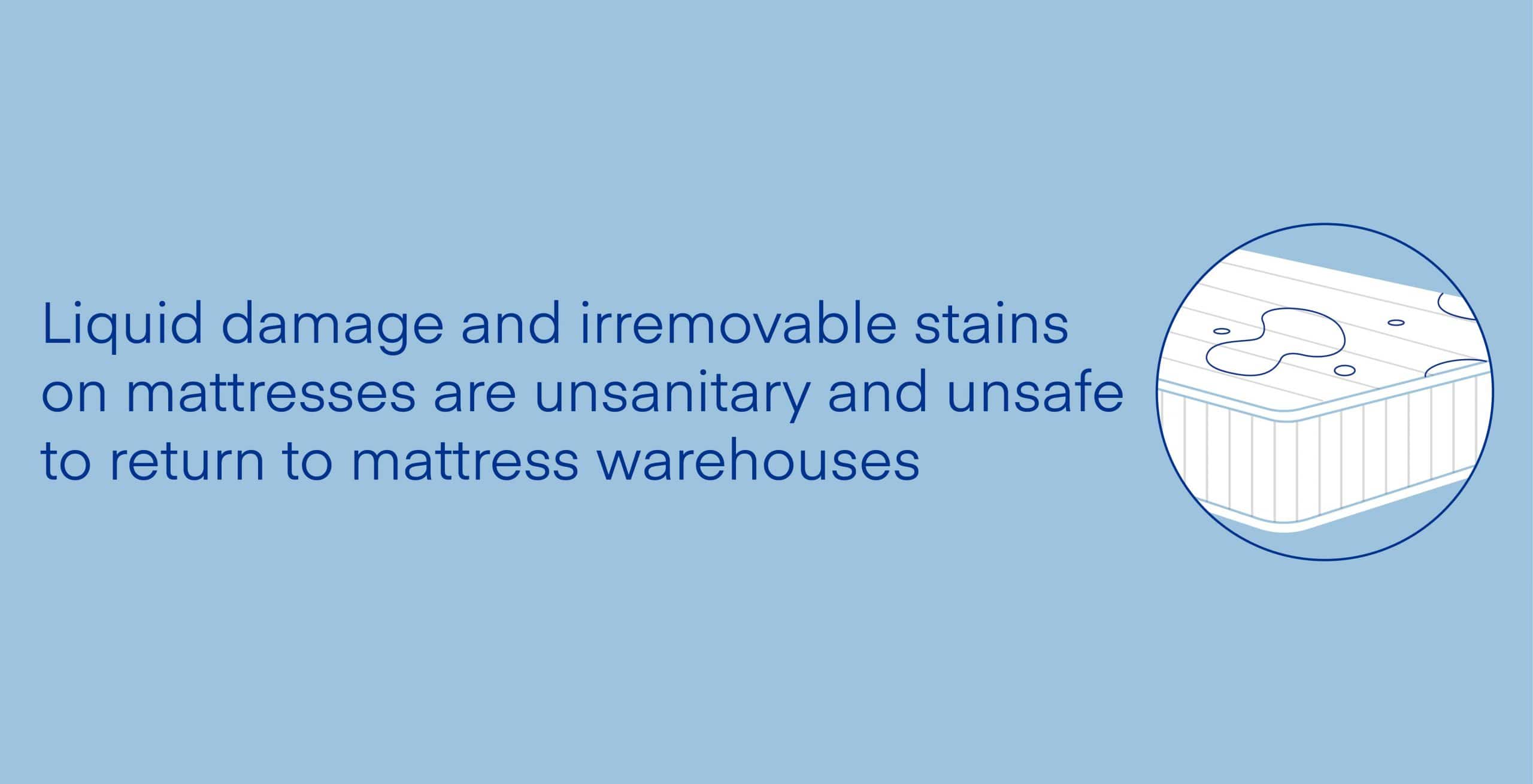
If you do discover mold on your mattress, it is important to address it immediately. First, stop using the mattress and remove all bedding and linens. Then, carefully inspect the mattress for any visible mold growth. If the mold is confined to a small area, you may be able to clean it yourself using a mild detergent and warm water. However, if the mold is widespread, it is best to seek professional cleaning services.
If your mattress warranty does cover mold, you may be able to file a claim for a replacement or reimbursement for cleaning services. Contact the manufacturer or retailer as soon as possible to inquire about your options.
Final Thoughts

In conclusion, not all mattress warranties cover mold growth. It is important to carefully read and understand your warranty to know what is covered and what is not. To prevent mold growth on your mattress, use a mattress protector, rotate your mattress regularly, and keep your bedroom well-ventilated. If you do discover mold on your mattress, take immediate action to address it and contact the manufacturer or retailer to inquire about your warranty coverage.



